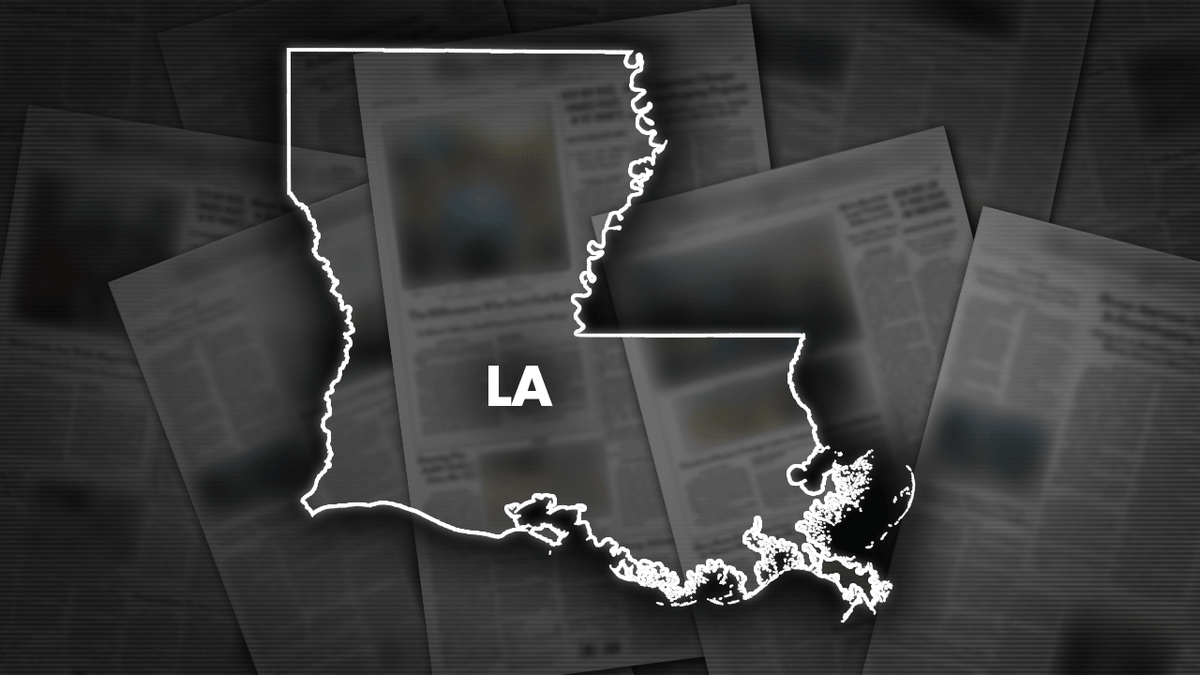Fox News Flash top headlines for February 28
Fox News Flash top headlines are here. Check out what's clicking on Foxnews.com.
Federal officials sued a Louisiana chemical maker on Tuesday, alleging that it presented an unacceptable cancer risk to the nearby majority-Black community and demanding cuts in toxic emissions.
Denka Performance Elastomer LLC makes synthetic rubber, emitting the carcinogen chloroprene, in such high concentrations that it poses an unacceptable cancer risk, according to the federal complaint. Children are particularly vulnerable. There’s an elementary school a half-mile from the plant.
The plant has reduced its emissions over time, but the Justice Department, suing on behalf of the Environmental Protection Agency, said the plant still represents "an imminent and substantial endangerment to public health and welfare,'' including elevated cancer risks.
"The company has not moved far enough or fast enough to reduce emissions or ensure the safety of the surrounding community," EPA Administrator Michael Regan said in a statement.
Denka did not immediately respond to messages seeking comment.

Federal officals are suing a Louisiana chemical maker over a "cancer alley" risk to the nearby majority-Black community.
CLICK HERE TO GET THE FOX NEWS APP
Every community, no matter its demographics, should be able to breathe clean air and drink clean water, Associate Attorney General Vanita Gupta said. "Our suit aims to stop Denka’s dangerous pollution,"' she said.
The lawsuit demands that Denka eliminate dangerous emissions of chloroprene.
The complaint is the latest move by the Biden administration that targets pollution in an industrial corridor near New Orleans commonly called "Cancer Alley." The White House has prioritized environmental enforcement in communities overburdened by long-term pollution.
Last year, the EPA said it had evidence that Black residents face an increased cancer risk from the chemical plant and that state officials allowed the pollution to remain too high. The agency's letter is part of an investigation under the Civil Rights Act of 1964, which says anyone who receives federal funds cannot discriminate based on race or national origin.
Local activists have long targeted the plant, arguing that nearby air monitoring demonstrates the plant is a danger to St. John the Baptist Parish residents. The plant has lowered its emissions in recent years, but activist say not nearly enough.
The Justice Department, in its complaint, agreed, saying the plant is exposing thousands of people to lifetime cancer risks "multiples of times higher than what is typically considered acceptable."











































